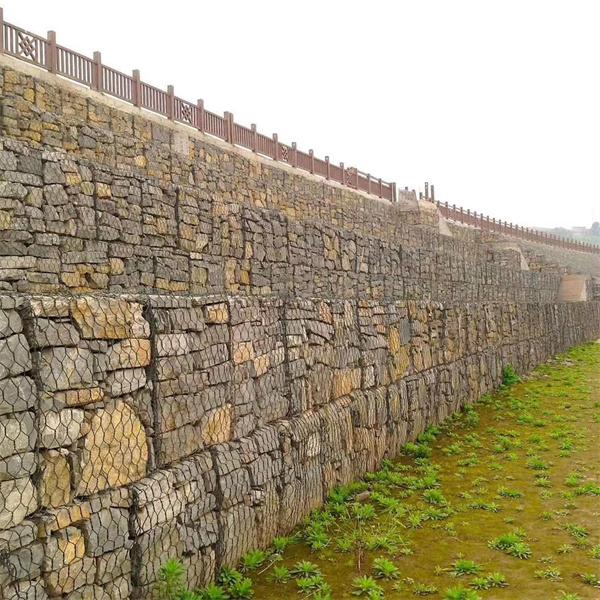lis . 21, 2024 20:51 Back to list
china gabion wall cost
Understanding the Cost of Gabion Walls in China
Gabion walls have gained popularity over the years due to their effectiveness in erosion control, land stabilization, and aesthetic appeal. In China, the cost of constructing gabion walls can vary significantly based on several factors. This article aims to provide a comprehensive overview of the factors affecting the cost of gabion walls in China.
Material Costs
The primary component of a gabion wall is the wire mesh cages, commonly made from galvanized steel or PVC-coated wire. The price of these materials fluctuates based on market availability and quality. As of late 2023, the cost of galvanized wire ranges from 15 to 25 RMB per kilogram, while PVC-coated options are generally more expensive. Another crucial material is the filling stone, which can vary in cost depending on the type and locality. Quarrying and transporting stones can substantially add to the overall expense.
Labor Costs
Labor is another significant expense when constructing gabion walls. In urban areas of China, labor costs tend to be higher compared to rural regions. The average labor cost for construction workers in cities can range from 30 to 60 RMB per hour. The complexity of the project also influences labor costs; more intricate designs require skilled labor, which may lead to higher rates.
Design and Engineering
The design of the gabion wall directly impacts its cost. Simple, straight walls are less expensive compared to more complex designs that may include curves, terraces, or integrated landscaping features. Engineering costs can also come into play if the project requires specialized knowledge or extensive site analysis. Hiring an engineer or architect could add an extra 10% to 20% to the overall cost of the project.
china gabion wall cost

Size and Height
The dimensions of the gabion wall are fundamental in determining the total cost. Larger walls require more materials and labor, leading to increased expenses. Typically, a standard gabion wall might cost between 300 to 600 RMB per square meter, depending on height and thickness. For extensive projects, bulk purchasing of materials can offset some costs.
Transportation and Site Preparation
The location of the project site can have a considerable impact on the overall cost. If the site is remote or difficult to access, transportation of materials and equipment may incur additional fees. Furthermore, site preparation, including clearing land and ensuring a stable foundation, adds to the expense.
Additional Costs
Finally, it’s crucial to consider any additional costs, such as permits, environmental assessments, and other regulatory requirements that may arise depending on the location of the wall.
Conclusion
In summary, the cost of constructing gabion walls in China is influenced by a variety of factors, including material quality, labor, design complexity, size, location, and additional expenses. On average, the total costs can range widely, making it essential for project planners to conduct thorough research and budgeting. Despite the initial costs, gabion walls offer a sustainable and aesthetically pleasing solution for various landscaping and stabilization needs, making them a worthwhile investment in many scenarios.
-
Visualizing Gabion 3D Integration in Urban Landscapes with Rendering
NewsJul.23,2025
-
The Design and Sustainability of Gabion Wire Mesh Panels
NewsJul.23,2025
-
The Acoustic Performance of Gabion Sound Barriers in Urban Environments
NewsJul.23,2025
-
Mastering the Installation of Galvanized Gabion Structures
NewsJul.23,2025
-
Gabion Boxes: Pioneering Sustainable Infrastructure Across the Globe
NewsJul.23,2025
-
Custom PVC Coated Gabion Boxes for Aesthetic Excellence
NewsJul.23,2025
-
Installation Tips for Gabion Wire Baskets in Erosion Control Projects
NewsJul.21,2025






